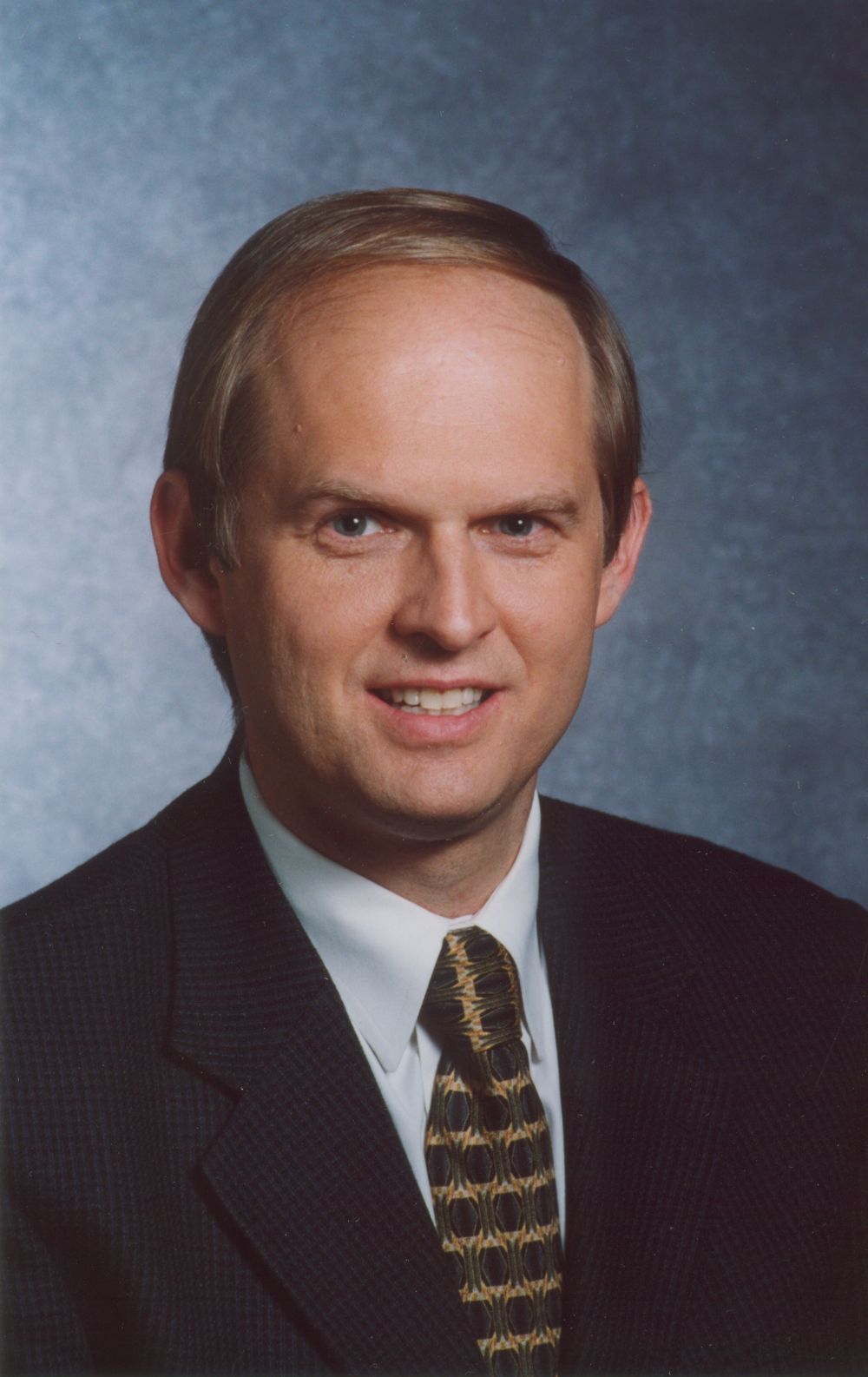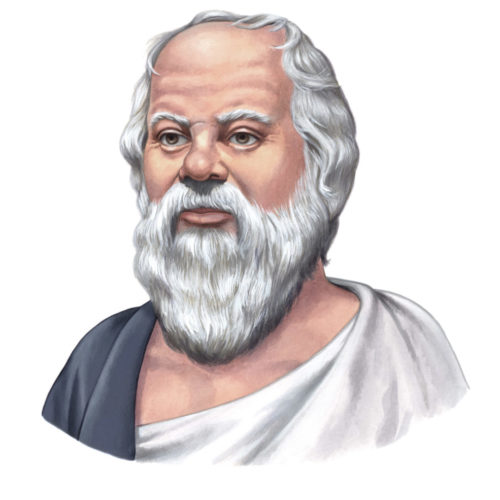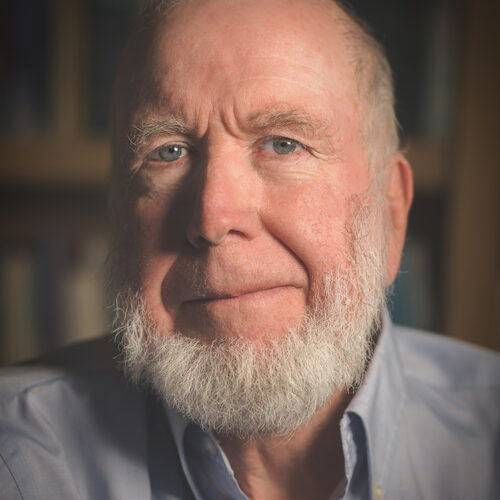Robin Hanson: Details Matter… And For That You Need Social Science
Socrates / Podcasts
Posted on: February 2, 2013 / Last Modified: June 27, 2022
Podcast: Play in new window | Download | Embed
Subscribe: RSS
Robin Hanson is not just a well known economist with seminal work in prediction markets. He is also a physicist, philosopher and AI researcher. Besides being a polyglot he is also an extremely likable fellow and both of those make him very hard to argue against. Add up the fact that it’s been over a decade since my study of economics and you will get a better idea as to why I struggled to keep up with him during our conversation. Well, regardless of my poor performance, I have to say that I enjoyed talking to Hanson very much. So I plan to bring him back for a follow up interview where we can spend more time talking exclusively about his upcoming book on the economics of brain emulations.
During this Singularity 1 on 1 interview with Robin we discuss a variety of topics such as: his wide spectrum of interests such as physics, phylosophy, economics and artificial intelligence; the general lack of academic engagement with issues related to the singularity; why cheap energy will not be a panacea to our problems or even a major boost to our economy; the singularity and his definition thereof; the two major ways to Artificial Intelligence; the economics of brain emulations (what he calls Ems)…
As always you can listen to or download the audio file above or scroll down and watch the video interview in full. To show your support you can write a review on iTunes, make a direct donation or become a patron on Patreon.
Who is Robin Hanson?
 Robin Hanson is an associate professor of economics at George Mason University, a research associate at the Future of Humanity Institute of Oxford University, and chief scientist at Consensus Point. After receiving his Ph.D. in social science from the California Institute of Technology in 1997, Robin was a Robert Wood Johnson Foundation health policy scholar at the University of California at Berkeley. In 1984, Robin received a masters in physics and a masters in the philosophy of science from the University of Chicago, and afterward spent nine years researching artificial intelligence, Bayesian statistics, and hypertext publishing at Lockheed, NASA, and independently.
Robin Hanson is an associate professor of economics at George Mason University, a research associate at the Future of Humanity Institute of Oxford University, and chief scientist at Consensus Point. After receiving his Ph.D. in social science from the California Institute of Technology in 1997, Robin was a Robert Wood Johnson Foundation health policy scholar at the University of California at Berkeley. In 1984, Robin received a masters in physics and a masters in the philosophy of science from the University of Chicago, and afterward spent nine years researching artificial intelligence, Bayesian statistics, and hypertext publishing at Lockheed, NASA, and independently.
Robin has over 70 publications, including articles in Applied Optics, Business Week, CATO Journal, Communications of the ACM, Economics Letters, Econometrica, Economics of Governance, Extropy, Forbes, Foundations of Physics, IEEE Intelligent Systems, Information Systems Frontiers, Innovations, International Joint Conference on Artificial Intelligence, Journal of Economic Behavior and Organization, Journal of Evolution and Technology, Journal of Law Economics and Policy, Journal of Political Philosophy, Journal of Prediction Markets, Journal of Public Economics, Medical Hypotheses, Proceedings of the Royal Society, Public Choice, Social Epistemology, Social Philosophy and Policy, Theory and Decision, and Wired.
Robin has pioneered prediction markets, also known as information markets or idea futures, since 1988. He was the first to write in detail about people creating and subsidizing markets in order to gain better estimates on those topics. Robin was a principal architect of the first internal corporate markets, at Xanadu in 1990, of the first web markets, the Foresight Exchange since 1994, and of DARPA’s Policy Analysis Market, from 2001 to 2003. Robin has developed new technologies for conditional, combinatorial, and intermediated trading, and has studied insider trading, manipulation, and other foul play. Robin has written and spoken widely on the application of idea futures to business and policy, being mentioned in over one hundered press articles on the subject, and advising many ventures, including GuessNow, Newsfutures, Particle Financial, Prophet Street, Trilogy Advisors, XPree, YooNew, and undisclosable defense research projects. He is now chief scientist at Consensus Point.
Robin has diverse research interests, with papers on spatial product competition, health incentive contracts, group insurance, product bans, evolutionary psychology and bioethics of health care, voter information incentives, incentives to fake expertize, Bayesian classification, agreeing to disagree, self-deception in disagreement, probability elicitation, wiretaps, image reconstruction, the history of science prizes, reversible computation, the origin of life, the survival of humanity, very long term economic growth, growth given machine intelligence, and interstellar colonization.








